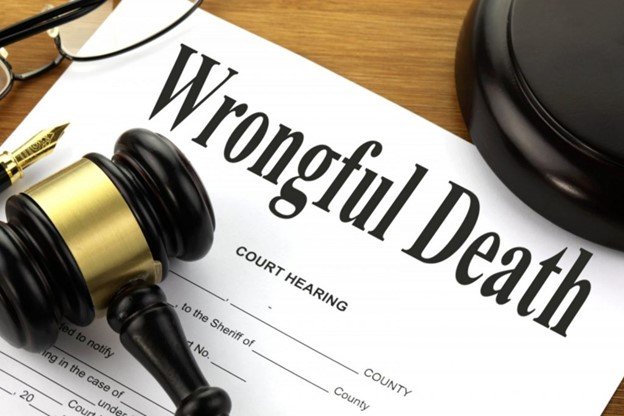Sumter, South Carolina, isn’t the kind of place where people expect tragedy to strike. It’s a tightly woven community, full of families who know each other, support each other, and try to do right by each other. But when tragedy does happen, especially a preventable one like a wrongful death, it can tear through that peace like a wrecking ball.
And when it does, families need more than condolences. They need answers. They need guidance. Most importantly, they need to understand what legal options are on the table because wrongful death cases are complex, time-sensitive, and emotionally draining if you’re unprepared.
That’s where a wrongful death attorney in Sumter, SC, becomes more than just a legal professional. They become the support system a grieving family never thought they’d need.
Who Can File a Claim (And Who Can’t)
Not everyone affected by a person’s death can file a wrongful death lawsuit. That part trips up a lot of families. Legally, only specific people qualify to bring a claim forward.
Generally, the first in line are:
- The surviving spouse (sometimes filing on behalf of themselves and any minor children).
- If there’s no spouse, then adult children typically take on that role.
- If there are no children, surviving parents can usually step in.
- And if none of those apply, the executor of the estate may be the one to file on behalf of the heirs.
However, here’s where things get tricky: this structure changes depending on the state. In some states, South Carolina inclusive, even siblings or financial dependents may be eligible. But others are stricter. This is one of the reasons it’s recommended that you speak to an attorney who knows your state’s specific laws.
And there’s a clock ticking. Every state has a statute of limitations, which is basically a time limit on when you can file. In many cases, that’s two years from the date of death. Wait too long, and your right to pursue compensation disappears, no matter how valid your claim is.
What Factors Influence How Much You’ll Receive
Several things determine the final compensation amount, and understanding them gives you more control over your expectations:
- The age and health of the deceased.
- Their earning potential: a 35-year-old engineer will have a different financial projection than a retired 70-year-old.
- The extent of financial dependency among surviving family members.
- The severity of the negligence or misconduct involved.
- Proof of emotional distress; counseling records, testimonials, or personal statements can help here.
One case could settle at $100,000. Another, under different circumstances, could reach millions. It’s all about the facts, the evidence, and how clearly the losses are documented.
What to Do Immediately After a Tragic Loss
Even when grief is raw, the actions you take early on can significantly impact your claim.
- Get official documentation: Police reports, death certificates, and medical records.
- Keep everything: Receipts, bills, and even sympathy cards, as they may show emotional impact.
- Preserve evidence: Photos from the accident, clothing, or damaged equipment.
- Collect witness details: Write down witness names and contact info, even if they seem minor at the time.
- Talk to a lawyer early: They’ll help you avoid missteps, especially regarding timelines and paperwork.







